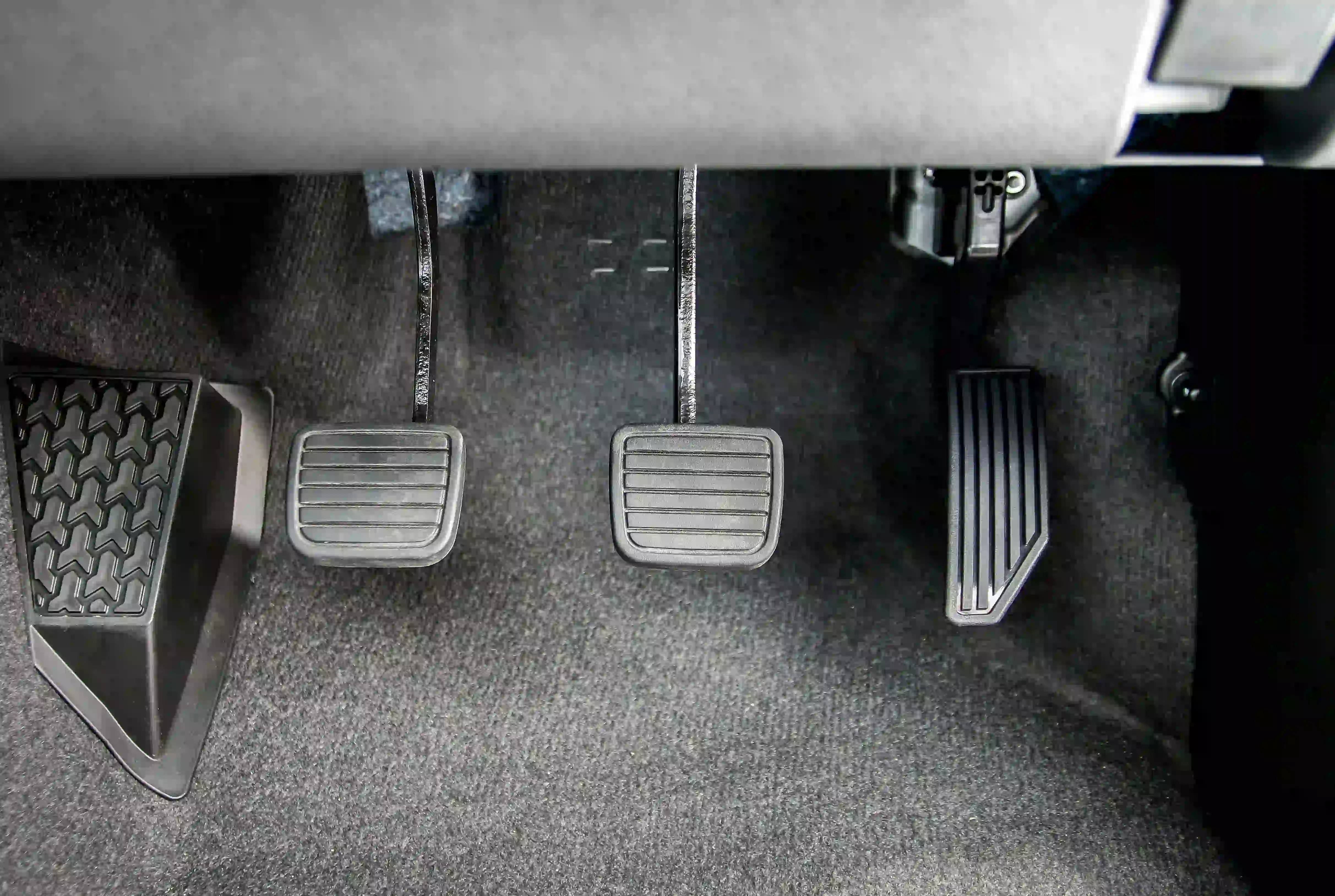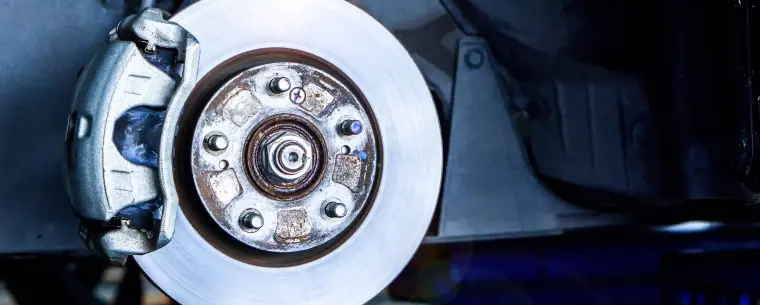Squeaky Brakes? Here's Why & What to Do
Published on: Monday, 26 February 2024 | Author: Jack Dreyer
It’s normal for components of a car to deteriorate over time, and this is no different with your braking system. The only difference is that you really need your braking system to function optimally, more so than many other components, in order to complete potentially life saving functions - such as an emergency stop. Therefore, it’s important to regularly check your brakes and to take care of any issues promptly.
A common braking system issue that car owners encounter is squeaky brakes. The squeaky noise occurs when you apply pressure to the brake with your foot, when you’re using the brake to either slow down or stop the car. The issue could be minor and temporary but, in many cases, it can be a sign of a wider problem.
Let’s investigate why your brakes might be squeaking, and what your next steps should be.
What can cause your brakes to squeak?
There are a number of different reasons why brakes start to squeak, from maintenance to weather conditions. Let’s investigate some of the main reasons for squeaky brakes below.
Worn down brake pads
A squeaky noise could indicate worn down brake pads, although it’s likely a warning signal will appear on your car dashboard if this is the case. Brake pads normally last between 30,000 and 70,000 miles, however, this is largely dependent on your driving style and the quality of your brake pads, among other factors.
Heavy loads
Carrying heavy loads in your vehicle can cause a squeaky noise due to the pressure being applied to the brakes. On a positive note, this should only be a minor, temporary issue, as the noise will disappear once you’ve emptied the load - if it doesn’t, you should seek advice from your local mechanic. If you continue to travel with heavy loads, this will likely cause wear and tear to your brake pads.
Poor weather conditions and overnight moisture
Overnight moisture from rain or snow, or poor weather conditions in general, can cause a thin layer of rust to appear on your rotors - and this can lead to a squeaky sound. Parking your car inside a garage, if you have one, is a good way to prevent any rust from building up on metal elements.
Embedded dirt and debris
Over time, your brakes will collect a build up of dirt and debris, either from driving or being left alone for a period of time, which again can cause a potential squeaking noise. Cleaning your brakes regularly can reduce the chances of squeaky brakes occurring, and will help to keep your brakes healthy.
New brakes
If you get new brake pads fitted, you may find that your brakes squeak in the beginning as they go through the embedding process. This is not something to be worried about - it should resolve itself after a few uses, and is all part of the new brake pads getting ready for optimal use..

What to do if you have squeaky brakes?
Squeaky brakes don’t necessarily mean an urgent or serious problem. The issue could be temporary, and resolve itself naturally. However, if you are concerned about the noise, here are three steps you can take to try and resolve the issue.
Check for visible issues
Take a look at your brakes to see if there are any visible signs of wear and tear, or if any debris is embedded into them.
Clean your brakes
If you’ve checked for visible issues and have seen some debris or dirt embedded in your brakes, giving them a dust and clean with the appropriate tools can help to stop the squeaky noise. Make this a regular task as part of a maintenance routine to ensure that 1. Your brakes are clean, and 2. The squeaky noise doesn’t occur again.
Lubricate your brake components
Using a lubricant on your brake components, for example the calliper pins and shims, can create a thin protective layer and reduce the friction caused by these components moving against each other.
If, after completing these steps, you notice that the squeaky noise is persisting, this could indicate a wider brake problem. If the brake pads are worn down, which is the most common cause for a squeaky noise, the brake pads will need to be replaced.
Therefore, it’s important to visit a trusted mechanic so they can investigate and fix the problem. If not resolved promptly, it could lead to further brake issues and, potentially, a serious accident.
Visit our experts
Your car’s braking system is crucial to the safety of you, your passengers and other road users, so if your brakes are squeaky and you’re concerned it may not be a temporary issue, visit our experts at your local Tyre Pros centre. No appointment necessary, just pop in whenever you can..




